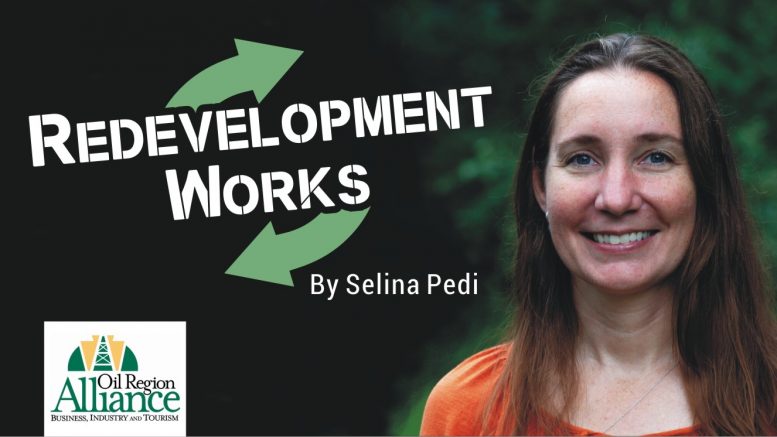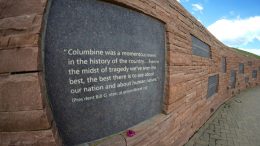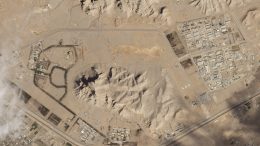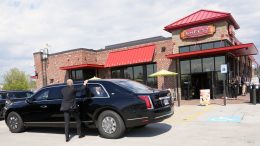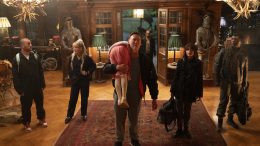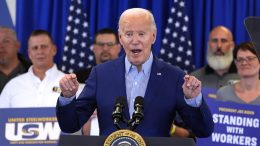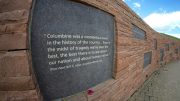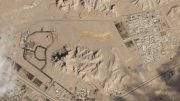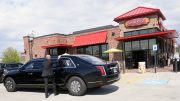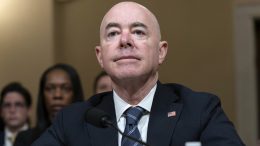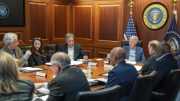Since taking up my local redevelopment role, I’ve had the honor of talking to a number of folks who have been involved in similar efforts for many years. From municipal staff and elected officials, to civic-minded everyday folks, my colleagues and I are far from the first to take up this banner. Even in our area’s golden era, there were people trying to ensure that the prosperity and opportunity of the oil boom was spread more equitably.
A key hurdle for all of us, past and present, is that American community development has largely taken two primary forms: top-down, where outside experts and policy makers decide what they think is best for a community; or bottom-up, where groups of volunteers attempt to solve their community’s problems on their own. Both of these models have significant challenges, in that there is rarely a true alignment of skills, knowledge, resources, understanding, and passion, and many well-intentioned programs and projects never live up to their potential.
Rustbelt communities like ours understand these development challenges all too well. Since the mid-twentieth century, our towns have seen their purpose and population slowly drained away, limiting our access to the human resources needed to drive progress. Being small and geographically isolated, our area has been largely off the radar of regional agencies and resources. Volunteer initiatives will occasionally reach critical mass, but with few hands and fewer resources, these efforts can fizzle out before any lasting benefit is realized.
So why are we so optimistic about our current effort? In short – because our society is changing. Where once it was unheard of for specialists in differing fields to work together, it is now becoming the norm. People are beginning to understand that an us-or-them mentality is disastrous in the long run, and that we must rally around our shared values and goals. We are taking advantage of this change to connect both top-down and bottom-up forms of civic action, while mitigating the potential downsides.
Key to this program is the concept of purpose: we must all feel authentic ownership of our community, our challenges, and our opportunities. Frankly, however, to do so we must all have the luxury of considering needs outside of our own immediate sphere. Our strategy, then, starts with partnerships and seed funding – such as our EPA Brownfield grant – to develop an “innovation ecosystem,” a locally-centered and globally-minded network of programs and partnerships that will allow us to create stable, family-sustaining jobs in meaningful, purpose-driven fields, such as energy, agriculture, and education, as well as new business opportunities for the products and services we need.
I cannot stress enough that a diverse mix of viewpoints and ideas is critical to the success of redevelopment programs, so I encourage each and every one of you to take an active role in the future of our region. Reach out to me or anyone else you know working in the community; share your ideas, your time, or your resources; help us build the opportunities we need for a healthier, more fulfilled quality of life, and a true sense of community ownership for all residents.
Selina Pedi is the Oil Region Alliance redevelopment manager. She can be reached by email at spedi@oilregion.org.

